American theoretical physicist, Brian Greene, rightly believes, “Science is a way of life. Science is a perspective. Science is the process that takes us from confusion to understanding in a manner that’s precise, predictive and reliable – a transformation, for those lucky enough to experience it, that is empowering and emotional”. Over the years, man’s ignorance has time and again been challenged by radical thinkers who have refused to blindly accept set notions. While there are some who swear by the old adage, “ignorance is bliss”, there are many more who question every phenomenon, set out to prove new theories, never resting till they find answers. Their inquisitive minds and genius intellect strive to make our lives more comfortable. Each invention, discovery, and theory is meant to jolt us out of our comfort zone, and awaken us to the miracles of science. There have been, and still are, innumerable such brilliant people who have excelled in the field of physiology, medicine, astronomy, chemistry, biology, mathematics, and physics. Of them, let’s read about 25 most influential scientists who shaped world history.
1. Archimedes
Archimedes was the pioneer of the mathematical sciences, having laid the foundations of calculus and derivation. He taught the world how to calculate the surface area of a sphere and the area of a circle. He was the one to come up with the accurate value of pi, as well as develop the theory of exponents. What’s more is the fact that he invented machines such as compound pulleys and screw pumps, devices that revolutionized the world by forming the basis of machinery.
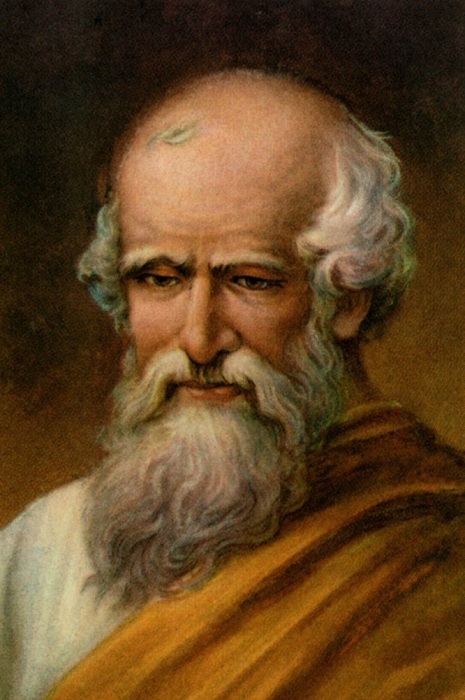
Photo Credit
http://protista.org/greatest-mathematicians-ever/
2. Albert Einstein
It would be a rare phenomenon to see someone who doesn’t know of Albert Einstein. Modern Physics would probably have taken a different course had it not been for this great scientist. It was Einstein who introduced us to general theory of relativity as well as that of quantum mechanics. In fact, his contribution to science was so significant that he received the Nobel Prize in Physics in 1921.
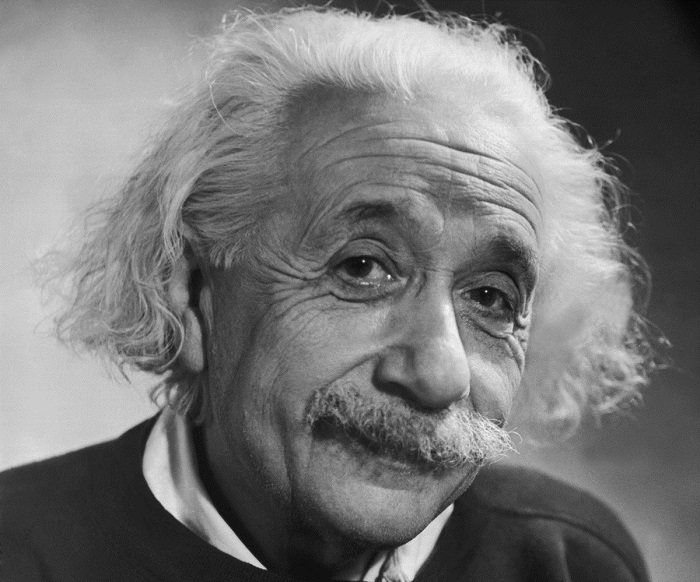
Photo Credit
https://www.phactual.com/9-essential-einstein-quotes-to-live-by/
3. Isaac Newton
Another brilliant scientist was Isaac Newton, who changed the face of physics by explaining the law of gravity. He also gave us the Laws of Motion, which is most often the first thing we learn when we get acquainted to the world of physics.
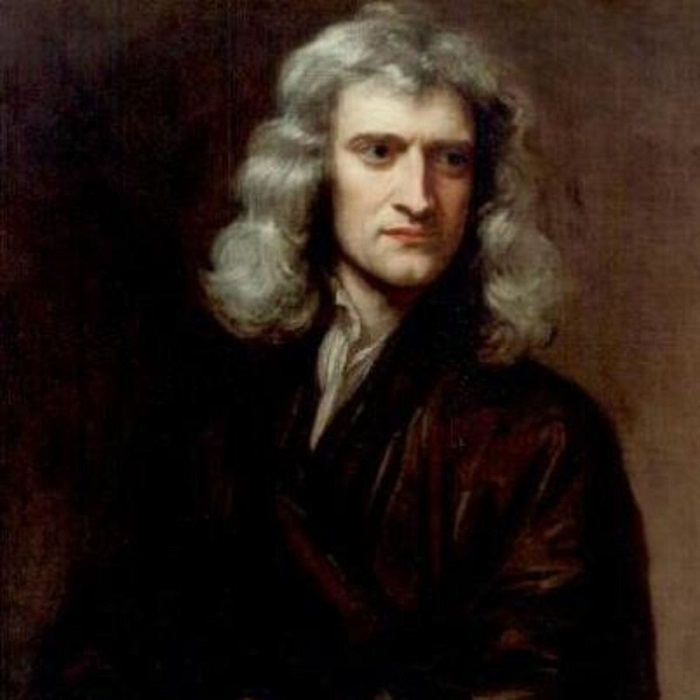
Photo Credit
http://www.biography.com/people/isaac-newton-9422656
4. Charles Darwin
The author of the book, ‘On the Origin of Species’, written in 1859, Charles Darwin proposed the theory of evolution, during a time when few would believe him. This theory, which took 20-years to develop, explained not only why life on earth is varied, but also how human beings came into existence.
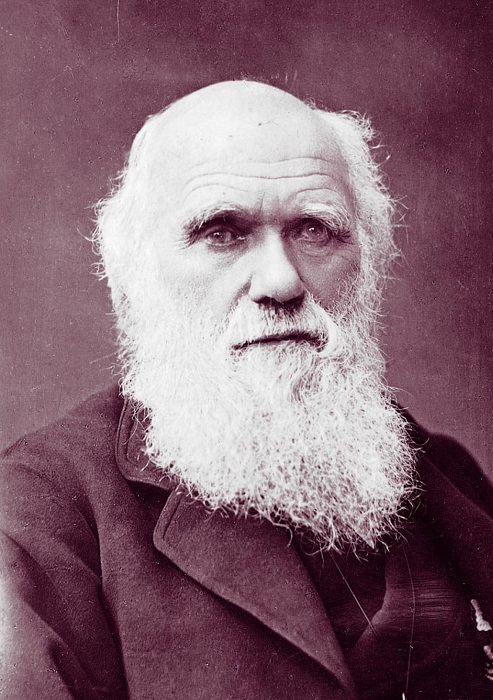
Photo Credit
http://www.micropia.nl/en/discover/microbiology/Charles-Darwin/
5. Niels Bohr
This Danish physicist conducted widespread research on the structure of an atom, developing what is known famously as the Bohr model. Despite the fact that several modifications have been made to this model, it still remains foundational. It was his breakthrough theory that earned him the Nobel Prize in 1922.
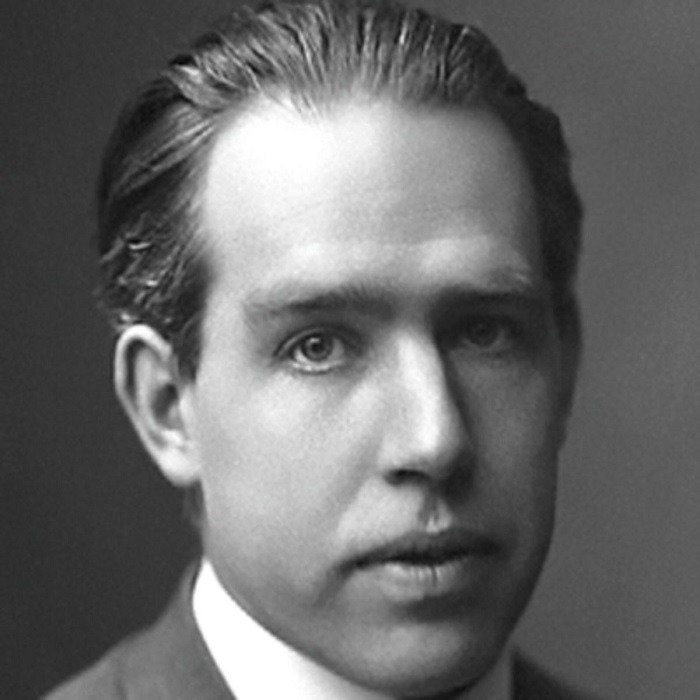
Photo Credit
http://fotonin.com/945297.html
6. John Nash
If you’ve admired Russell Crowe in the film, ‘A Beautiful Mind‘, then you would definitely know how influential John Forbes Nash, Jr. was, as a scientist. This Nobel Prize winner’s most path-breaking contribution to the field of mathematics was the game theory, which still plays a major role in subjects such as artificial intelligence, politics, economics, defense and computing.
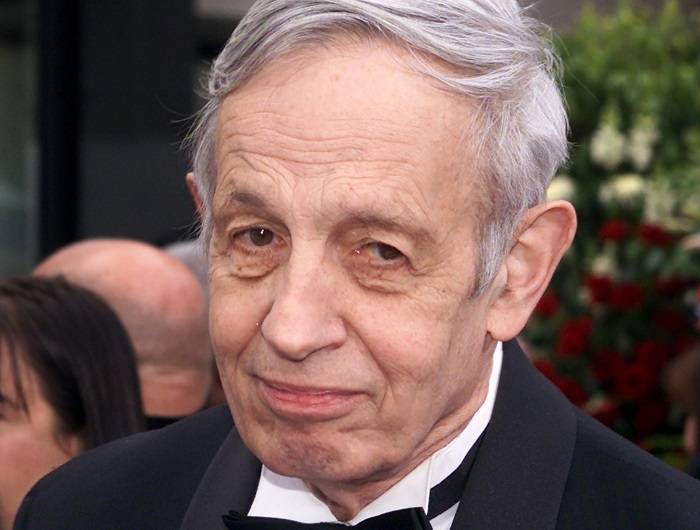
Photo Credit
https://www.bostonglobe.com/news/nation/2015/05/24/john-nash-winner-nobel-prize-economics-dies-crash/egEcU6NVAjKBdqMpok7vbM/story.html
7. Louis Pasteur
A major name in the medical sciences, Louis Pasteur is the one to have developed the germ theory of disease. He went on to find the cure for anthrax, rabies and several other infections. In fact, he is the reason why we choose pasteurized milk; free of germs and safe to drink.
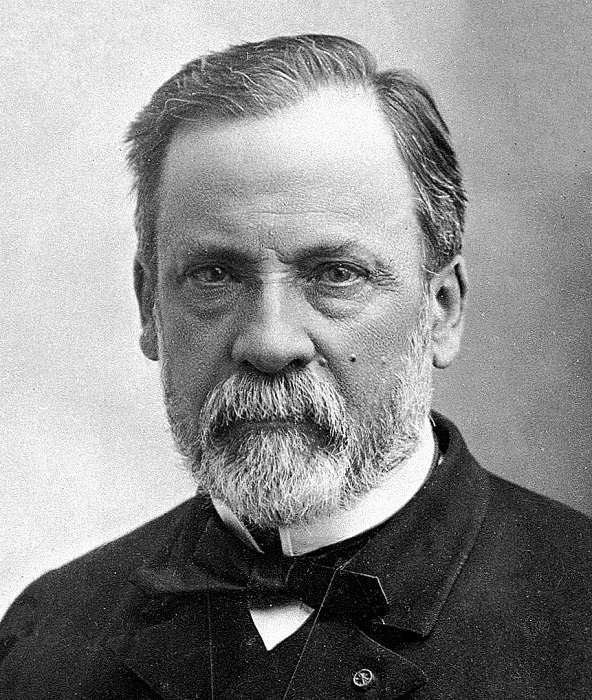
Photo Credit
https://commons.wikimedia.org/wiki/File:Louis_Pasteur.jpg
8. Michael Faraday
The famous English scientist, Michael Faraday made significant contributions to the fields of electrochemistry and electromagnetism. What made him even more formidable was his pioneering work in areas such as electromagnetic induction and electrolysis, despite the lack of formal schooling.
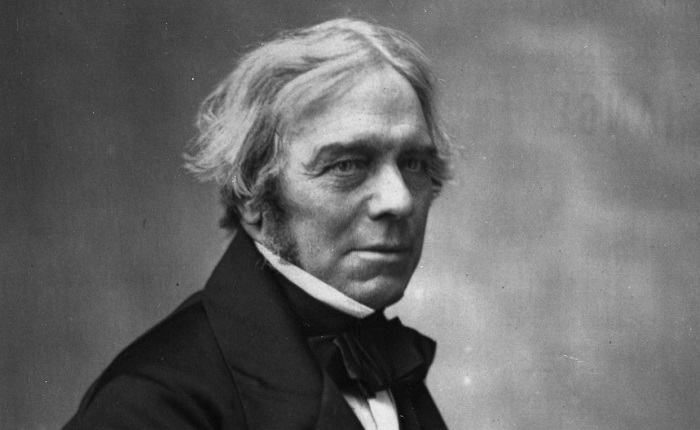
Photo Credit
http://www.radiotulip.com/man-of-science-man-of-god-michael-faraday-by-christine-dao/
9. Graham Bell
Alexander Graham Bell was a Scottish inventor and scientist who made communication transform into what it has become today. Had it not been for Bell, we would have still been writing letters to one another, waiting for our messages to reach despite their urgency. Yes, it was Graham Bell who invented the first practical telephone in the 1870s. It was this exceptional scientist who eventually went on to conduct groundbreaking research in the fields of aeronautics and optical telecommunications.
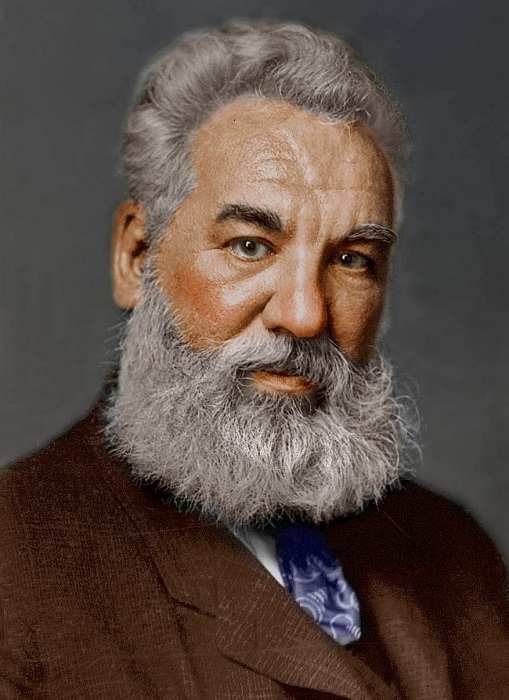
Photo Credit
http://www.studyhelpline.net/Biography/Alexander-G-biography.aspx
10. Nicolaus Copernicus
There was a time when people of this world believed that the earth was at the center of the universe, and other heavenly bodies revolved around it. However, Nicolaus Copernicus, a young Renaissance astronomer and mathematician had the courage to go against the well-accepted beliefs of the day and state that it was the Sun, and not the earth, which formed the core of the universe. His book, ‘De revolutionibus orbium coelestium’ (On the Revolutions of the Celestial Spheres) brought about what is called the Copernican Revolution.
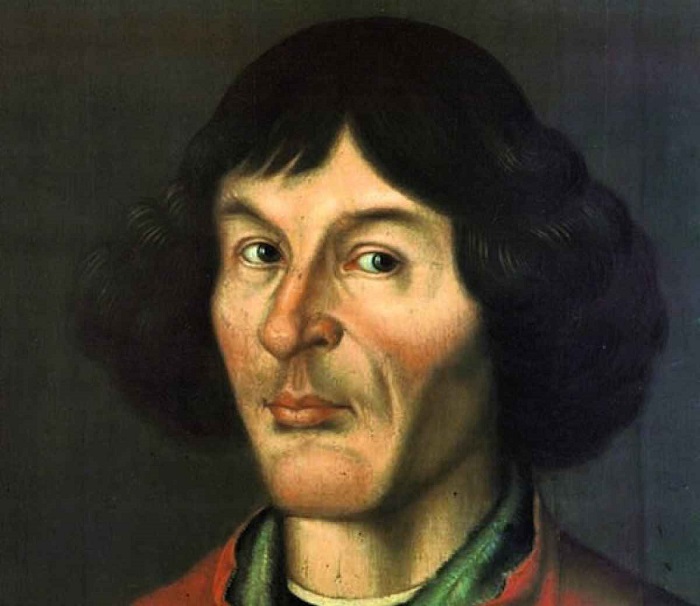
Photo Credit
http://www.popsci.com/science/article/2013-02/8-things-you-didnt-know-about-copernicus
11. Marie Curie
Marie Curie, along with Pierre Curie, developed the theory of radioactivity, after discovering radiation and using it in the field of X-ray. She received two Nobel Prizes, one in Physics and the other in Chemistry, becoming the first woman and first person to do so.
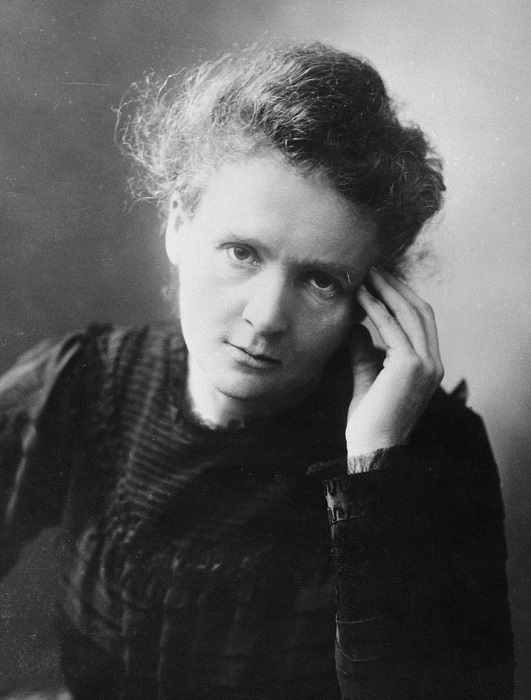
Photo Credit
http://ufvcascade.ca/2015/01/22/marie-curie-lectures-consider-diasporic-identity-and-belonging/
12. Francis Crick
This famous molecular biologist was known for his discovery of the structure of a DNA molecule, a path-breaking inference he arrived at, along with fellow scientist, James Watson. He also contributed to the efforts made to reveal the genetic code. In 1962, he received the Nobel Prize for Physiology, which he shared with Maurice Wilkins and James Watson.
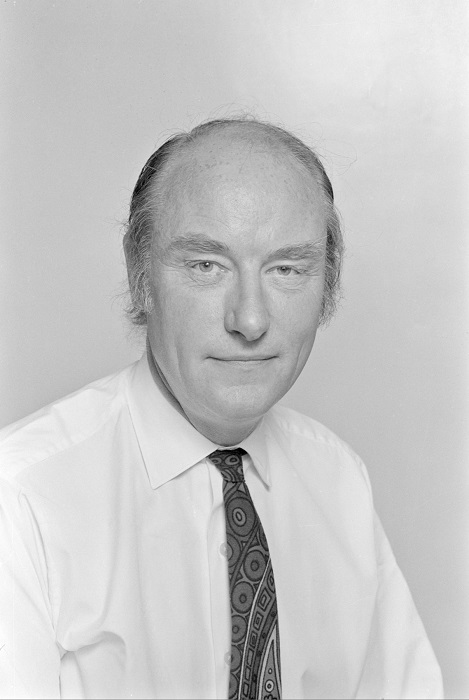
Photo Credit
http://www2.mrc-lmb.cam.ac.uk/about-lmb/archive-and-alumni/alumni/francis-crick-1916-2004/francis-crick-2/
13. Euclid
Euclid of Alexandria, a Greek mathematician, who flourished during the reign of Ptolemy I, is still considered as the “Father of Geometry”. It was this great mathematician who extensively worked on spherical geometry, perspective, number theory and conic sections. Today, students of higher mathematics are expected to be well-versed in what is known as Euclidean geometry.
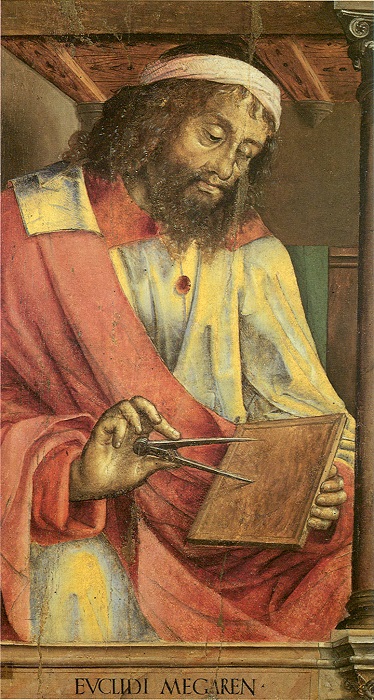
Photo Credit
https://www.wikiwand.com/ro/Euclid
14. Paul Ehrlich
Cancer is a treacherous disease no doubt, but the most popular treatment for this condition is chemotherapy. This treatment which uses radiation does have its side-effects, but it still is the most effective way of providing some relief to a patient. Chemotherapy was made possible by Nobel Prize winning German physician, Paul Ehrlich. In fact, he also developed the cure for syphilis by discovering arsphenamine.
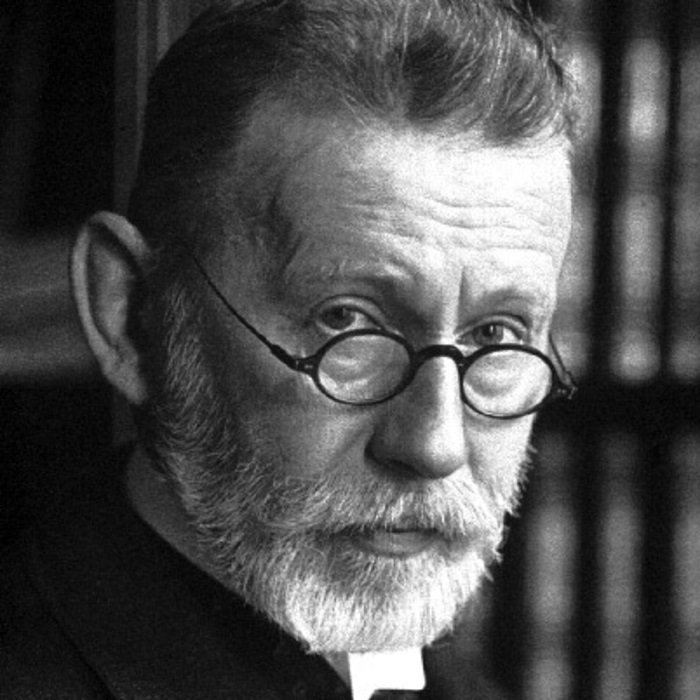
Photo Credit
http://www.biography.com/people/paul-ehrlich-9285165
15. Karl Landsteiner
Modern medicine proves that knowing one’s blood group is extremely important, especially when your life is at stake. This classification of the primary blood groups, after discovering the Rhesus factor, was done by an Austrian biologist named Karl Landsteiner, along with Alexander S. Wiener. This major development allowed doctors to transfuse blood in patients without risking their lives. For this contribution to the field of medicine, Landsteiner was awarded a Nobel Prize in 1930.
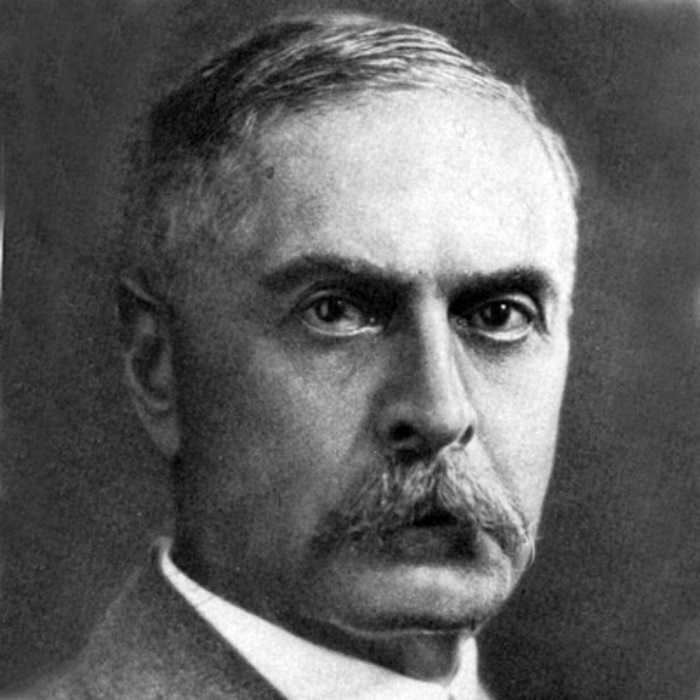
Photo Credit
http://www.biography.com/people/karl-landsteiner-9372736
16. Alfred Kinsey
Biologist Alfred Kinsey is one of the most influential scientists of all time, owing to his research in the area of human sexuality. He has elaborately studied sexual behavior in both males and females, and is known for the establishment of Kinsey Institute for Research in Sex, Gender, and Reproduction, housed at Indiana University.
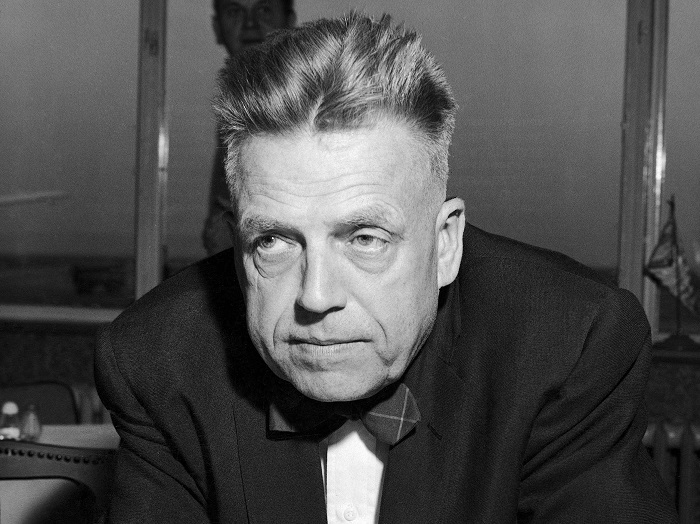
Photo Credit
http://www.businessinsider.com.au/why-alfred-kinsey-was-controversial-2013-10
17. Alexander Fleming
Alexander Fleming discovered Penicillin G, which is still a widely used antibiotic. This biologist also conducted significant studies on the enzyme called lysozyme, thus giving the field of pharmacology, a complete facelift. For his contributions to medicine, Fleming received the Nobel Prize in Physiology in 1945.
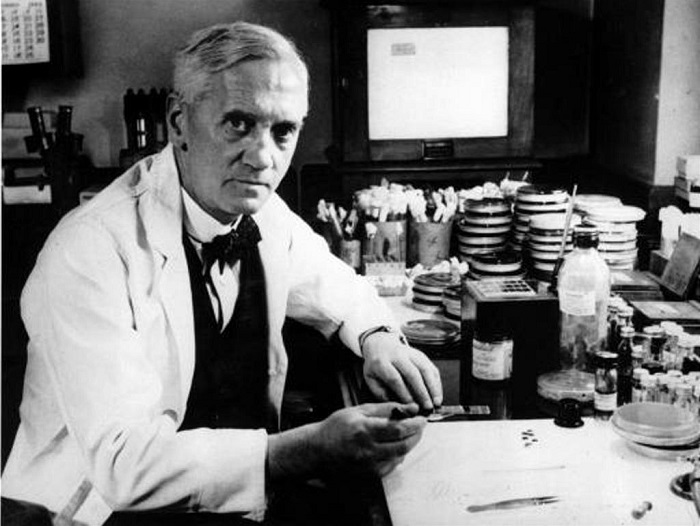
Photo Credit
http://happenings.com.ng/birthday-shout-robin-van-persie-alexander-fleming-travie-mccoy/
18. Jonas Salk
Had it not been for virologist, Jonas Edward Salk, we would have still suffered the risk of acquiring polio, and remaining physically impaired for the rest of our lives. It was this American scientist who developed the vaccine for polio, thus saving several lives around the world. He also attempted to find the same for AIDS, and invented an immune-based therapy known as Remune. However, the project which continued for a few years after his death was stalled in 2007.
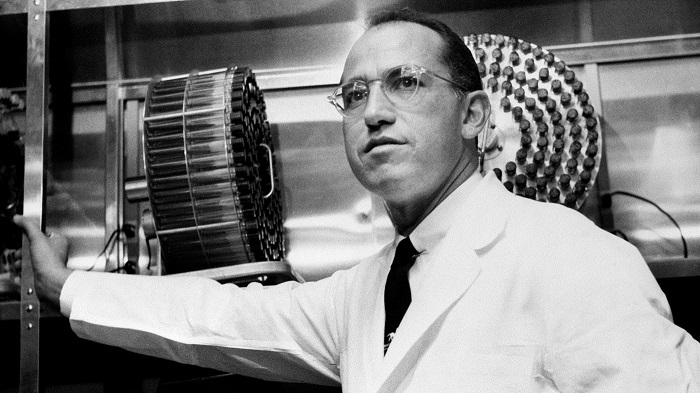
Photo Credit
http://www.npr.org/sections/goatsandsoda/2014/10/28/359559982/happy-birthday-to-google-doodle-honoree-dr-jonas-salk
19. Stephen Hawking
English physicist, Stephen Hawking is one of the most celebrated scientists in the world. Be it his prediction that black holes give out radiation (also known as the Hawking radiation), or his theorems gravitational singularity, Hawking has won several admirers. This great scientist, who suffers from the rare Lou Gehrig’s disease, was the earliest to suggest the theory of cosmology that can be elucidated with the help of quantum mechanics and general theory of relativity.
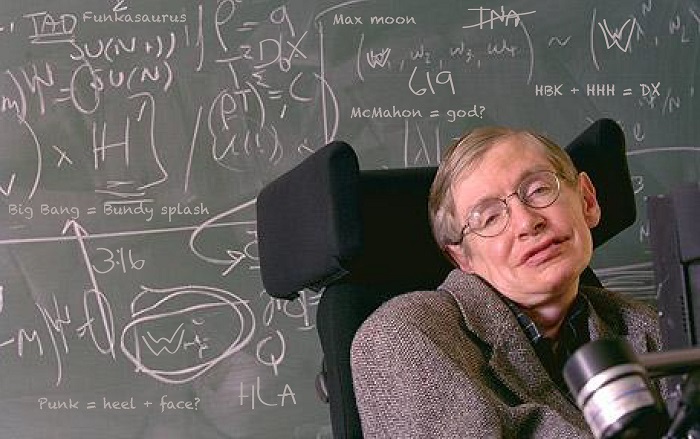
Photo Credit
http://www.strangenotions.com/hawking-proof-for-god/
20. Thomas Hunt Morgan
American geneticist, Thomas Hunt Morgan, established the role played by chromosomes in determining the passing down of characteristics from one generation to another, a phenomenon commonly known as heredity. It was because of his revolutionary work in the subject areas of genetics and embryology, that Morgan was awarded the Nobel Prize in Physiology, in 1933.
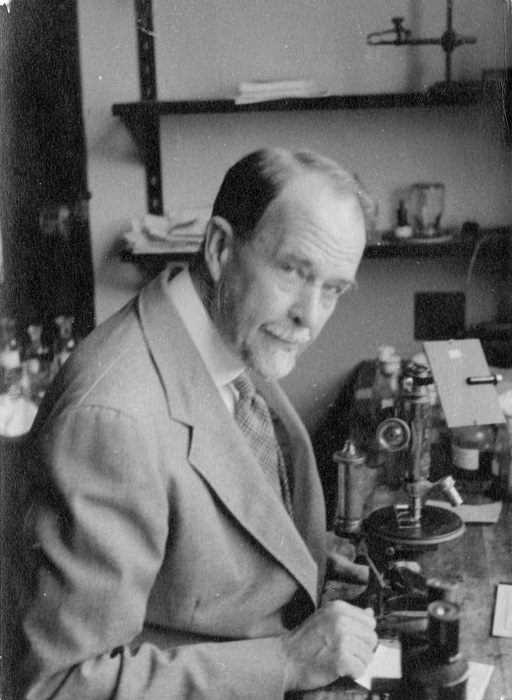
Photo Credit
http://history.archives.mbl.edu/exploring/exhibits/china-mbl-1920-1945/narrative/th-morgan-mbl-and-chinese-biology-early-20th
21. Galileo Galilei
Galileo is considered one of the most influential scientists who shaped world history, because of several reasons. The most important is the fact that he built one of the earliest modern telescopes. Galileo also successfully proved Copernicus’ theory of heliocentric heavenly bodies, showing the world that it was indeed the Earth that revolved around the Sun.
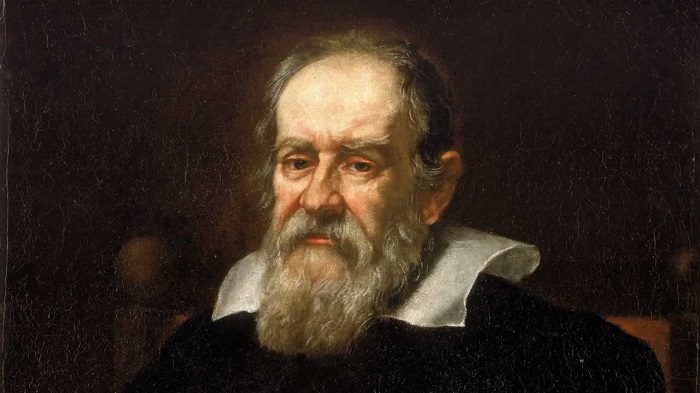
Photo Credit
http://www.r8lst.com/incredible%20pics%20of%20galileo%20galilei
22. Thomas Alva Edison
This American inventor changed our lives when he designed the light bulb, which used electricity to run. The electric light bulb became an inseparable part of our fast-changing lifestyles, hence making Thomas Alva Edison, one of the most revered scientists of all time. He also invented the motion picture camera as well as the phonograph, and built the earliest industrial research laboratory.
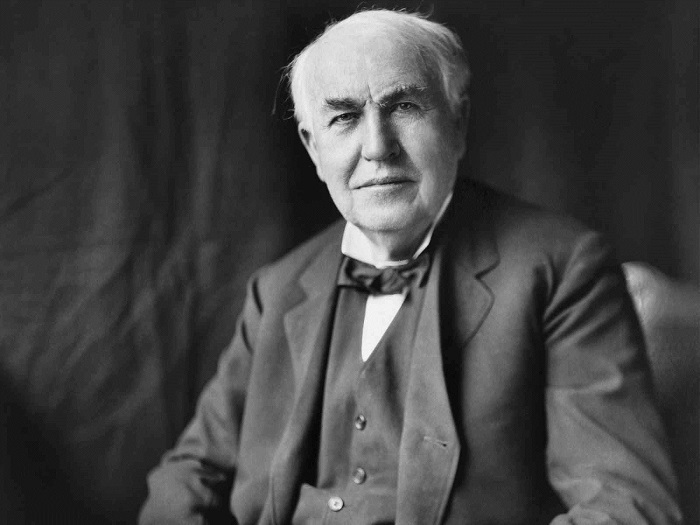
Photo Credit
http://gallery.asiaforest.org/thomas+alva+edison
23. Dmitri Mendeleev
For all those science students fascinated with the various properties of elements, Dmitri Ivanovich Mendeleev is your hero. This Russian chemist developed the periodic table of elements and came up with the Periodic Law. He used his own invention to rectify the properties of certain elements that had already been discovered, as well as foretell the characteristics of the remaining that were yet to be found.
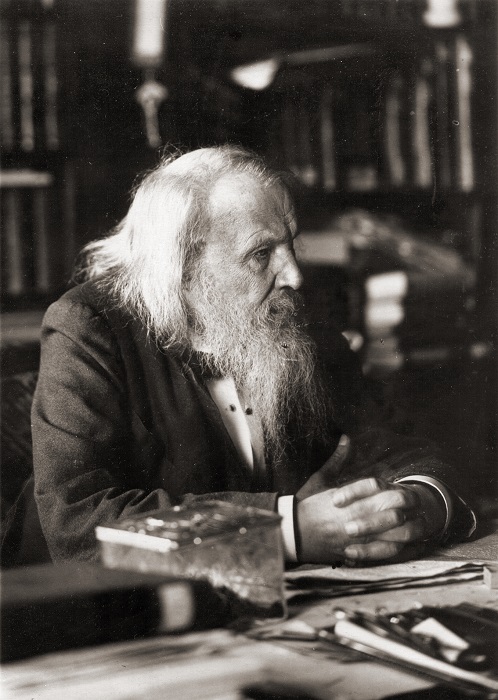
Photo Credit
http://blog.yovisto.com/dmitri-mendeleev-and-the-periodic-table-of-elements/
24. Subrahmanyan Chandrasekhar
This Indian-American astrophysicist was awarded the Nobel Prize for Physics in 1983, because he developed a theory which explained the physical processes involved in the evolution of stars. It was based on Chandrasekhar’s scientific research that further studies have been conducted and the major theory of black holes has been devised. As an attempt to honor his contribution to science, the Chandrasekhar Limit was named after him.
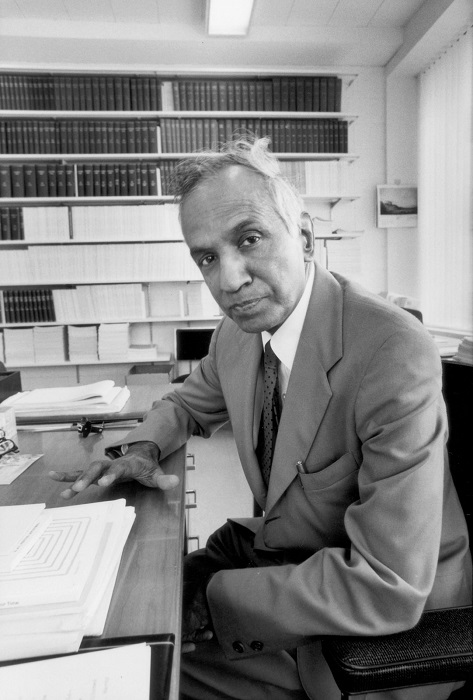
Photo Credit
http://kids.britannica.com/comptons/art-139124/Subrahmanyan-Chandrasekhar-in-1978
25. Johannes Kepler
It was Johannes Kepler, an influential German astronomer and mathematician who determined the path around which the planets in the Milky Way. He devised the laws of planetary motion, stating that all heavenly bodies revolve around the sun in an elliptical orbit.
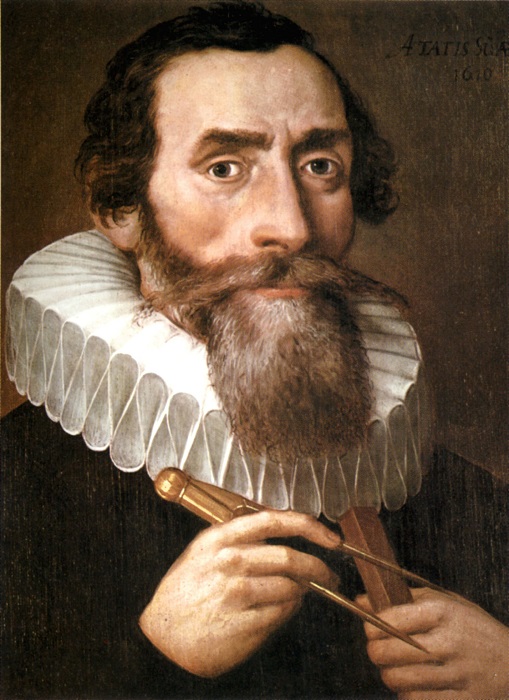
Photo Credit
http://www.glogster.com/yohankepler/johannes-kepler-glog/g-6la1hlieljr0a439hl3lta0






